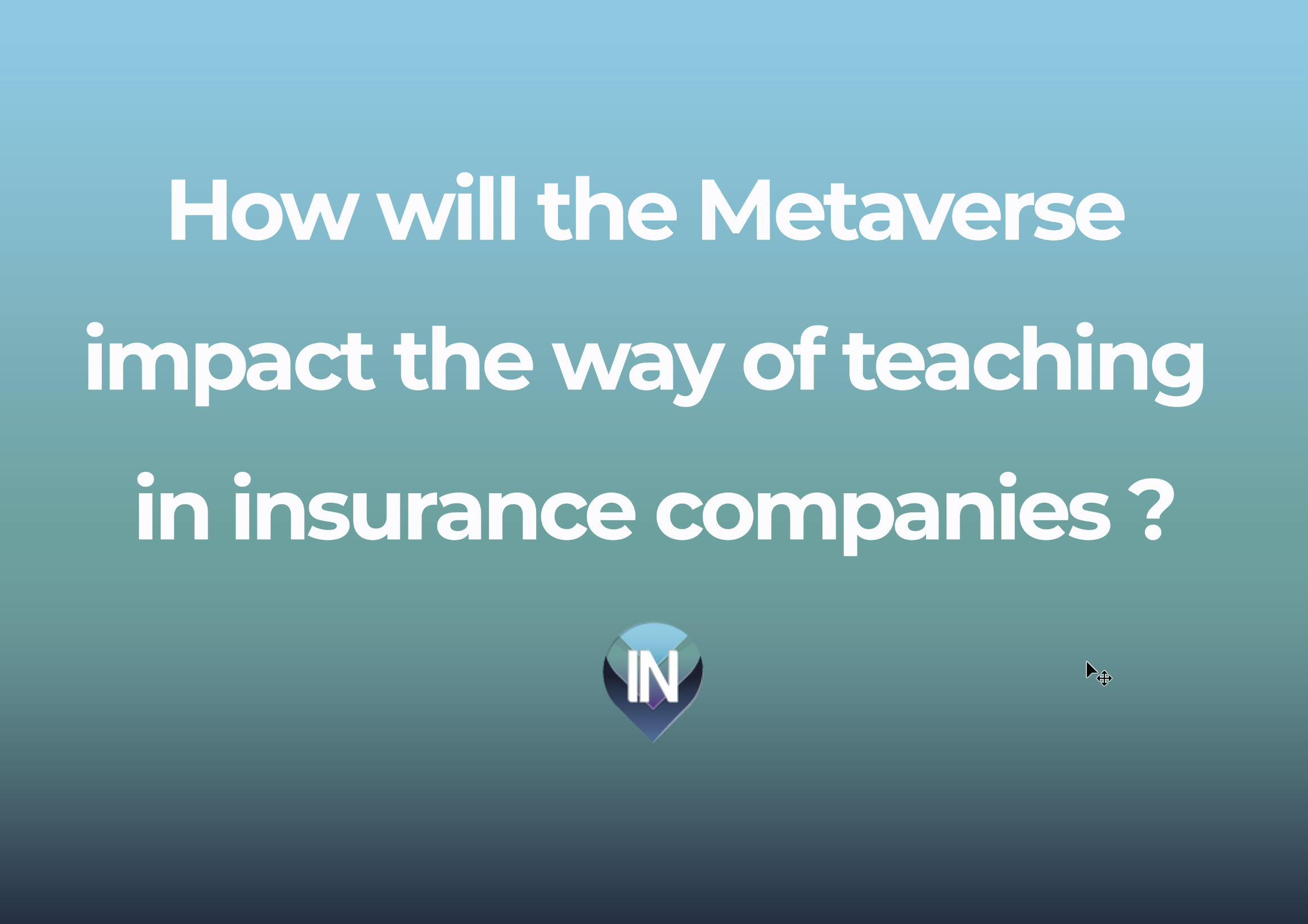Way before everybody, in 2003, Second Life created a virtual world where people could hang out, learn and experience different scenarios. In 2017, there were almost 1 million active users.
Have you ever been in a virtual world? This will impact the future. How will you be part of it?
Since Mark Zuckerberg started mentioning the Metaverse – and renaming his company from Facebook to Meta – there has been a lot of discussion about the topic.
Indeed, in 2020, there were several major companies offering “a metaverse” and many more creating blockchain-based ones. For example, you might have heard of Decentraland or The Sandbox which are very interesting projects.
Quick note: There are different views on what a Metaverse is, but we will use here the definition of the Metaverse being composed of different virtual worlds. The analogy could be: While the Internet – or rather the World Wide Web – contains websites, the Metaverse contains virtual worlds.
All this shows that there is a renewed interest in virtual worlds, whatever the technology behind them might be.
In our experience, learning in a virtual world opens a whole new range of possibilities compared to regular Learning Management Systems (LMS) or Learning Experience Platforms (LXP). Virtual worlds can be extremely immersive and help learners experience use cases rather than read about them or watch videos.
Do you know how the Metaverse will influence your own reality, and specially your own business, clients and way of training your employees?
Would you like to be among the first ones?
Let us know, we can help you. ?


